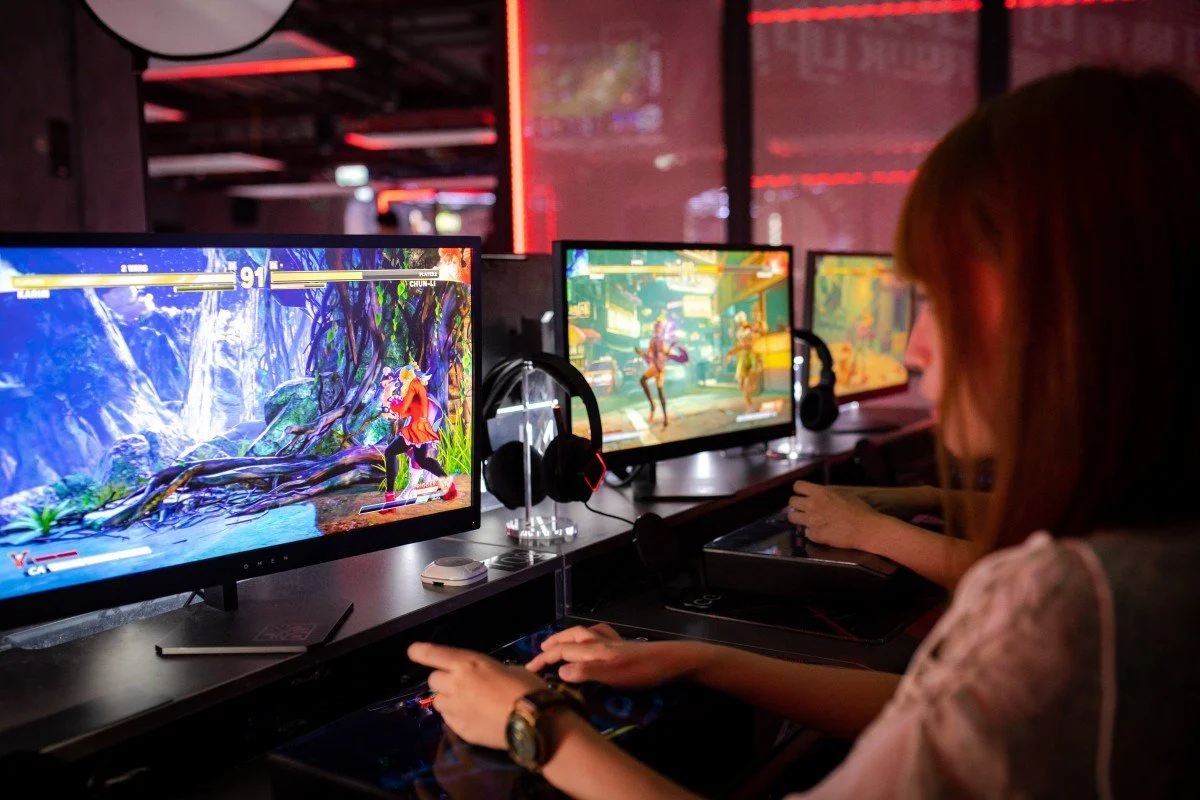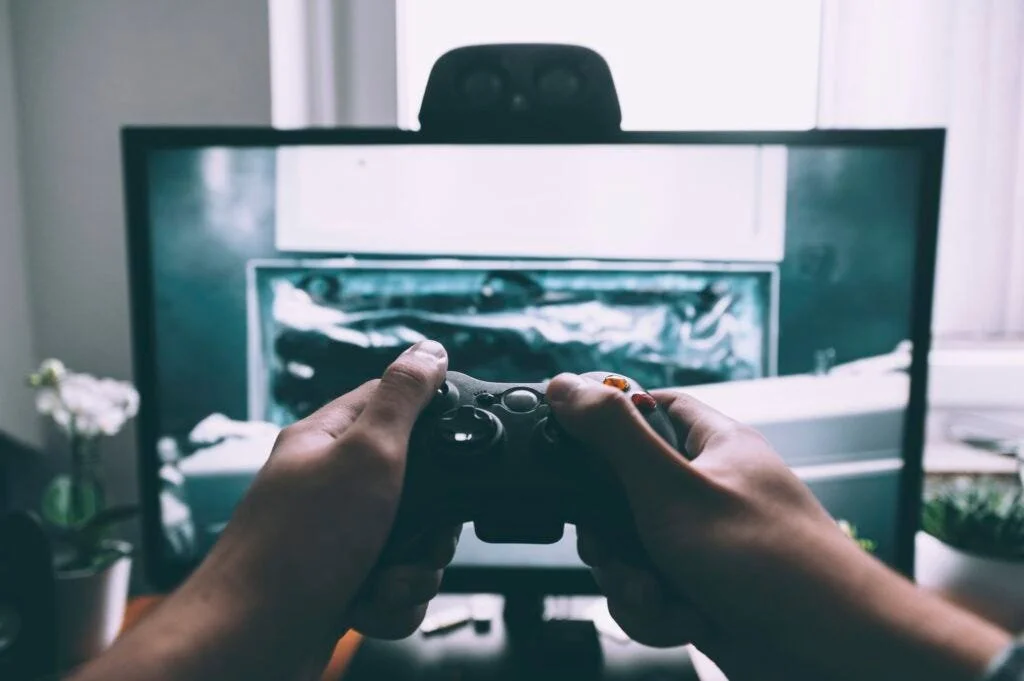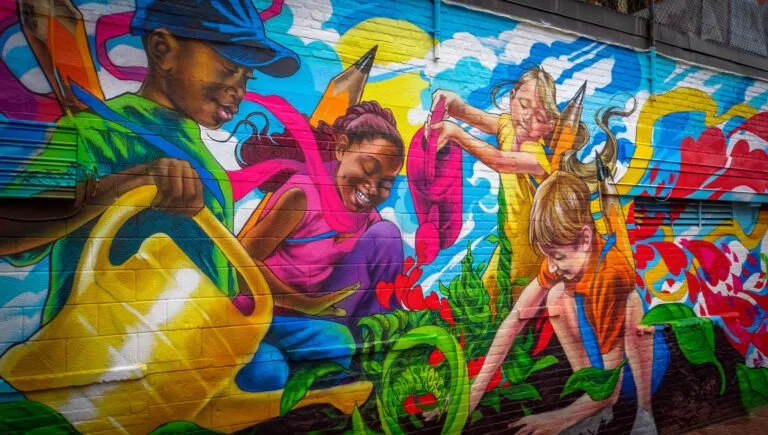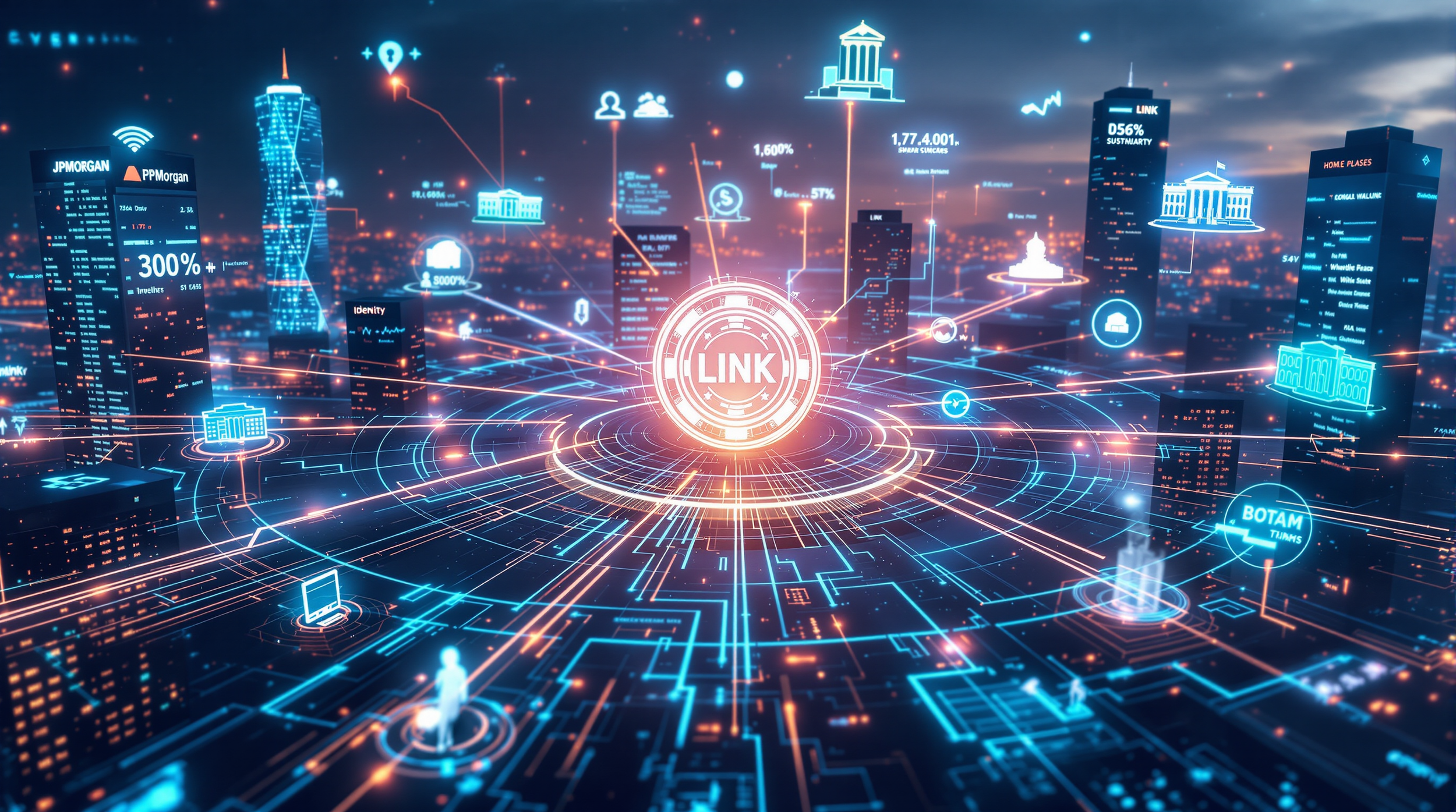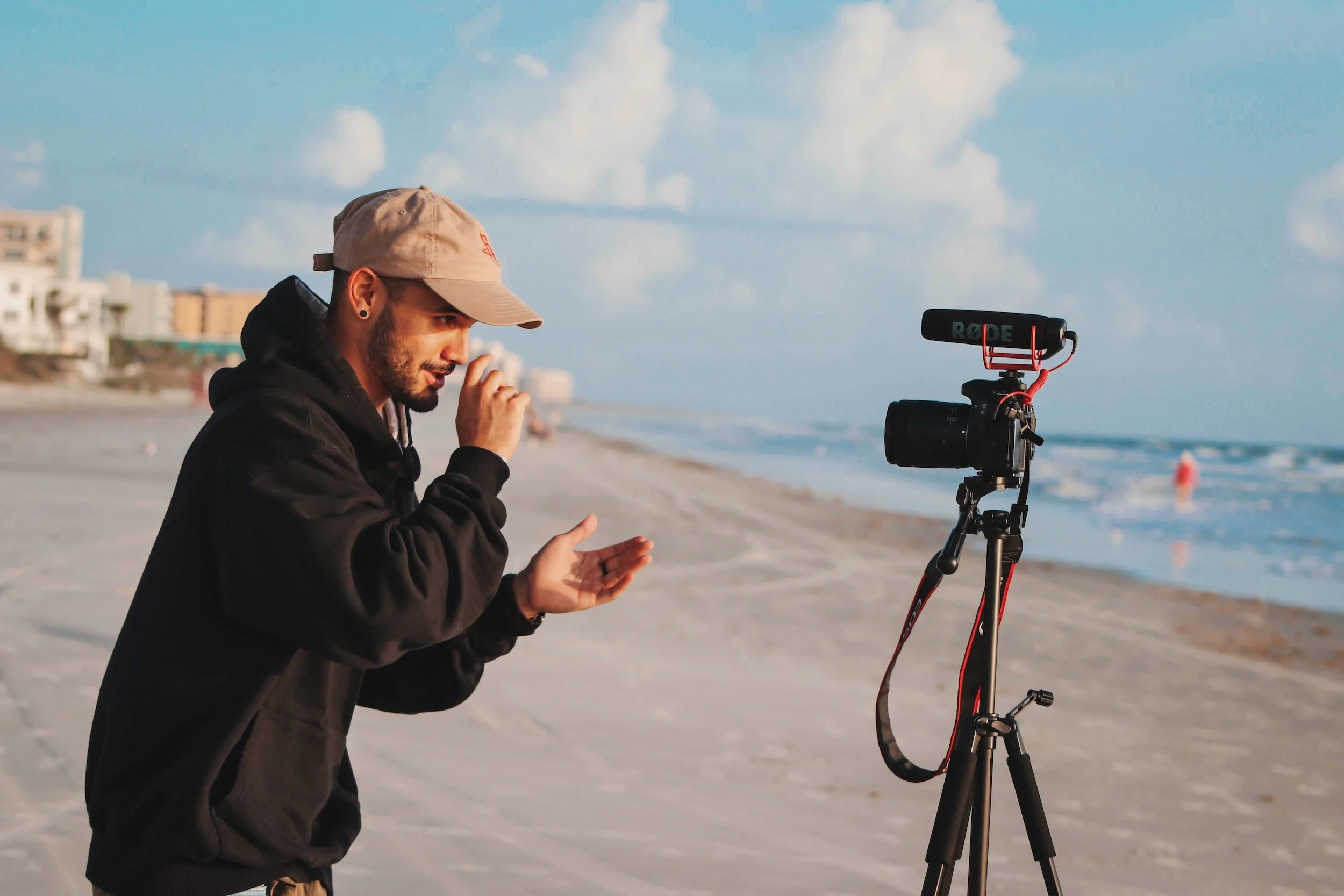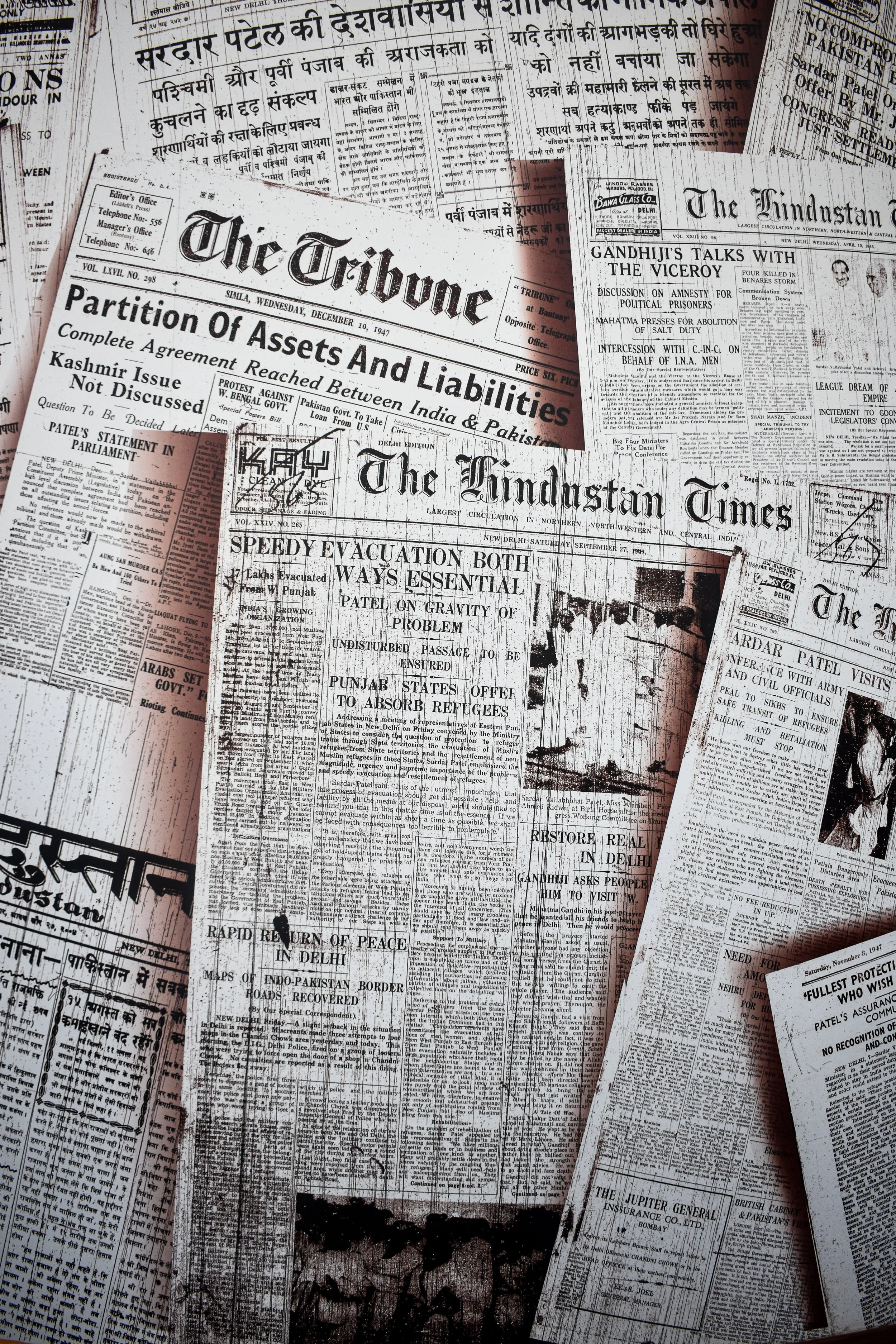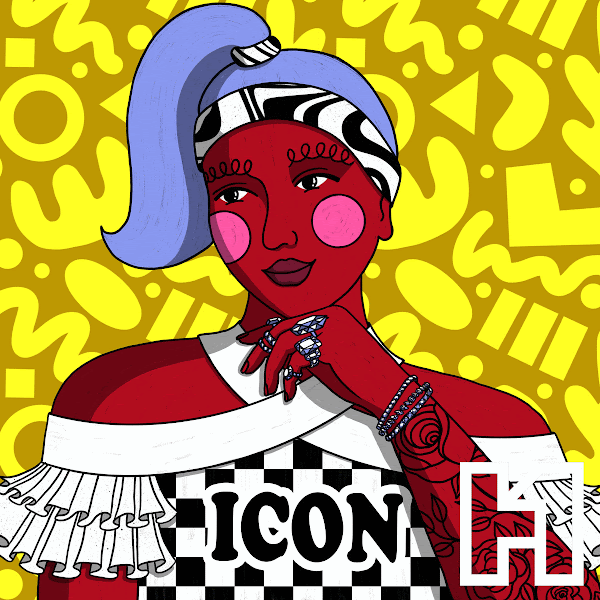This month's Byte-Sized Culture is a Black History highlight spotlighting five Black American artists — Martine Syms, Stephanie Dinkins, Rashaad Newsome, Sondra Perry, and Shaylin Wallace — who are pushing the boundaries of contemporary art through technology. Each artist uses a distinct set of digital tools, from AI systems and algorithmic video to 3D modeling, NFTs, and humanoid robotics, to examine how race, identity, and power are reflected and distorted within those technologies.
Blockchains or Pawprints? Furries as a case-study for understanding digital art provenance through NFTs and community governance
This article explores the intersection of digital art, NFTs, and community governance through the lens of the furry fandom, a decentralized community of artists and enthusiasts. With the rise of NFTs, the ability to authenticate digital art and protect creators' work has become a critical concern. The study examines the resistance within the furry community to adopt NFTs, highlighting their reliance on community-based trust and governance over "trustless" blockchain systems. While some see potential in NFTs to safeguard intellectual property, many furries are skeptical, valuing social trust and ethics over commercialization. By studying the furry subculture's approach to art ownership and the challenges they face, the article poses larger questions about the future of NFTs and blockchain technology in creative spaces.
Byte-Sized Culture: The Business of Art in the Digital Age
The digital art world is long past being just a new creative medium; it has evolved into a complex economic arena. What was once a niche field is now a battleground for artists, developers, and institutions grappling with new questions of ownership, value, and creative rights. This evolving landscape is driven by emerging technologies, including AI and blockchain, which are not only reshaping how art is made but also challenging the very foundations of traditional art markets and the way artists earn a living.
Blockchain in Museums for Art Ownership
The art world critically relies on trust and verifiable information for ownership, provenance, and authentication. Blockchain technology, with its decentralized, immutable, and transparent digital ledger system, presents a compelling solution. The technology can offer a powerful new way to ensure authenticity and track the history of artworks.
July News: Arts Leaders Face Big Questions on AI and Privacy
How can AI and blockchain play a functional role in arts and cultural organizations? At Christie’s 8th Annual Art + Tech Summit, top arts leaders gathered to address this question and more. While companies race to integrate the latest technology, uses may not align with consumer demand or practical need. With eyes on the creative industry’s next steps, companies must consider ethics of the AI tools they implement. For Disney, this resulted in a “hacktivist” cyber attack, leaking more than 1 TB of company data in protest of AI artwork policies. Meanwhile, individuals must take more responsibility in protecting their own data privacy as Google Chrome once again takes back promise to eliminate third-party cookies. Read more about this month’s news below.
How NFTs Have Changed the Creator Economy
Content creators have thrived on Web2 platforms such as Youtube, Instagram, and Twitter. However, with the latest addition of platforms such as Twitch and Patreon, curating content has been enhanced by enabling direct creator-to-fan content and new methods of monetization. The implementation of Web3 technologies, more specifically non-fungible tokens (NFTs) are revolutionizing the way creators distribute content, claim ownership, and monetize work.
In the News: April 2023
Technologies like artificial intelligence and NFTs continue to break into new industries this April. The United States government licensed ChatGPT, dancers paired with robots, and music industry leaders have been taking a stand on AI-made music. We are in the midst of figuring out where these technologies fit into our lives, and how they will change our industries. Feelings of uneasiness continue. The following stories illustrate a variety of viewpoints on the ways in which technology has been integrated into new and unique settings as of late.
In the News: December 2022
In the News: October 2022
As issues surrounding AI and NFTs continue to come to light, conversations about ethical uses of technology become more complex. This month, we are taking a look at stories that address the issues of data privacy in AI technology, the ongoing legal battlefield of NFTs, and digital strategies in theatre.
In the News: September 2022
In the past month, AI has been dominating arts news. As its role as a collaborator and partner in visual art projects grows in popularity, many question its ethics and even object to its use in the arts entirely. There’s no doubt of its benefit in certain contexts. For instance, in the area of cultural preservation projects, which may take humans much longer if unassisted by the technology. But, understandably so, there also seems to be a looming fear in the artist community that it will displace human artists. Many object to even calling AI-generated or AI-assisted art “art.” While the future is uncertain concerning the legality and ownership of such “artwork,” these conversations are important to have. And it is vital to stay informed on the various issues involving AI in art, both good and bad, to see how the law adapts.
POAPs: Audience Engagement and Memorabilia in the Web3 Era
The average theater-goer walks into a performance with their ticket stub freshly procured from the box office. An usher hands them a playbill as they find their seat. Both items are unique to the time and place of the event, and available only to those physically in attendance at the performance. These forms of memorabilia offer audiences collectible, tangible tokens to commemorate an arts experience. However, today it is common practice to take a picture of the stage from one’s seat with playbill in hand to post on social media and store in the cloud, transforming a physical token of memorabilia into a digital one.
In the News: July 2022
July has been a whirlwind of a month at the intersection of art and technology. From possible successful legislation on data privacy in the US, to the Italian government putting its foot down on NFT sales, or just an AI making uncanny valley art that is starting to get a little too real, a lot has happened in the world. The spread of articles below give a glimpse into a small portion of the interesting events that have occurred this month!
The Cryptocurrency Crash
The cryptocurrency market is in turmoil, mirroring both the U.S. stock market and the emotional state of many of its citizens. Though some crypto investors have found astronomical financial success, skeptics have long voiced concerns about the volatility and inherent peril of pursuing such investments. These naysayers have ground to stand on given the instability of Spring 2022, as more than “$700 billion has been wiped out” from the crypto-economy, entire currencies have collapsed, and related companies and market exchanges are scrambling in response to the downturn.
NFTs: Digital Renaissance or Death Knell of Traditional Art?
The hype around non-fungible tokens (NFTs) seems to be reaching a fever pitch. With news of certain digital art pieces selling for tens of millions of dollars and conjecture about what utility these tokens may have outside of the art world, for better or for worse, Web3 has arrived. These technological developments are not just demonstrating a technological evolution, though. They are also creating massive disruption across the visual art industry. The advent of NFTs is spurring a digital r
Music Piracy Through NFTs: Copyright Infringement in the Age of Blockchain
NFTs, or non-fungible tokens, have gained massive popularity in recent years, touching industries from fashion to video games. NFTs occupy a unique space under copyright law, but are subject to the basic rules other art forms are. The law protecting digital assets, the Digital Millennium Copyright Act (DMCA), was passed in 1998 before NFTs were prevalent. The DMCA allows any artist to request a work be taken down if it is something they have ownership over and did not authorize its publication. This extends to artists with any ownership stake, whether they are a singer-songwriter with sole ownership over a song, or a whole team of writers and producers. While NFTs have the potential to benefit musicians, the music industry has fallen victim to the copyright issues NFTs present. Music industry professionals should understand the vulnerability of their work and consider monitoring NFT marketplaces to get ahead of being victims of copyright infringement.
Be Bold and Transform: Takeaways from the 2022 Alliance of American Museums Conference
The 2022 Alliance of American Museums’ conference in Boston offered bold and transformative ideas that all arts organizations need to understand as they re-create their operations and strategies for 2022 and beyond. Recognizing that “Normal is not the goal post” is the critical first step. A summary of highlights from my point of view might inspire you, or at least offer excellent conversation starters in your next meetings.
“Pinkwashing” NFTs: Risks and Opportunities
Deemed as a white, male-dominated space, many female artists and celebrities have voiced their enthusiasm for inviting more women into the Web3 movement. While many NFT projects focus on education, philanthropy, and providing visibility for women creators, some have been criticized for using social justice issues as selling points, undermining their risks and actual contribution to the cause. Is NFT an outlet for women to express and achieve financial independence, or is it another “tokenizing” marketing gimmick to exploit female audiences? What are some of the risks and opportunities with “pinkwashing” the NFT market?
Crypto: The Good, the Bad, & the Ugly
In recent years, the advancement of cryptocurrencies and blockchain-based technologies has led to increased exploitation from criminals. From “pump and dump” scams to cybercrimes, the rapid rise of digital assets has raised questions about their exploitation by criminals to launder money and commit fraud in untraceable and anonymous ways. Lawmakers and regulators have been trying to figure out ways to combat the threats that the growing sector imposes. On February 17, 2022, the Department of Justice announced its new National Cryptocurrency Enforcement Team (NCET) appointing Eun Young Choi as director. Many argue that the NCET and the FBI’s Virtual Asset Exploitation Unit that launched on February 18, 2022 signals more crackdowns on the crypto industry. As the possibility of regulations looms, what are some of the effects it may bring to the crypto and NFT markets? This article explores what some may look like.
NFT Showdown: Miramax vs. Tarantino
There is ongoing legal debate around Quentin Tarantino's latest project, an exclusive behind-the-scenes NFT collection based on the 1994 Miramax blockbuster hit "Pulp Fiction," published in December 2021 on Opensea by SCRT Labs. A California lawsuit will determine whether Tarantino's plan is too cavalier, and whether Miramax should receive a cut of the sale. Today’s NFT world is governed by crude and antiquated laws surrounding copyright and trademark ownership. Hopefully this lawsuit establishes new legal boundaries and guidelines for future cases. In the meantime, NFT collectors should stay wary of ambiguous claims and unclear terms.
2021 Top 10 Most-Read Articles
As we welcome 2022 for myriad reasons, be sure to catch up on what you missed in 2021 by reading out top 10 most read articles. Surprisingly (or not), while the last year continued to show interest in covid’s impact on technology and work, our readers were curious about a broad set of content — from NFTs to using technology to track dance. Which of these articles did you read, or miss?


